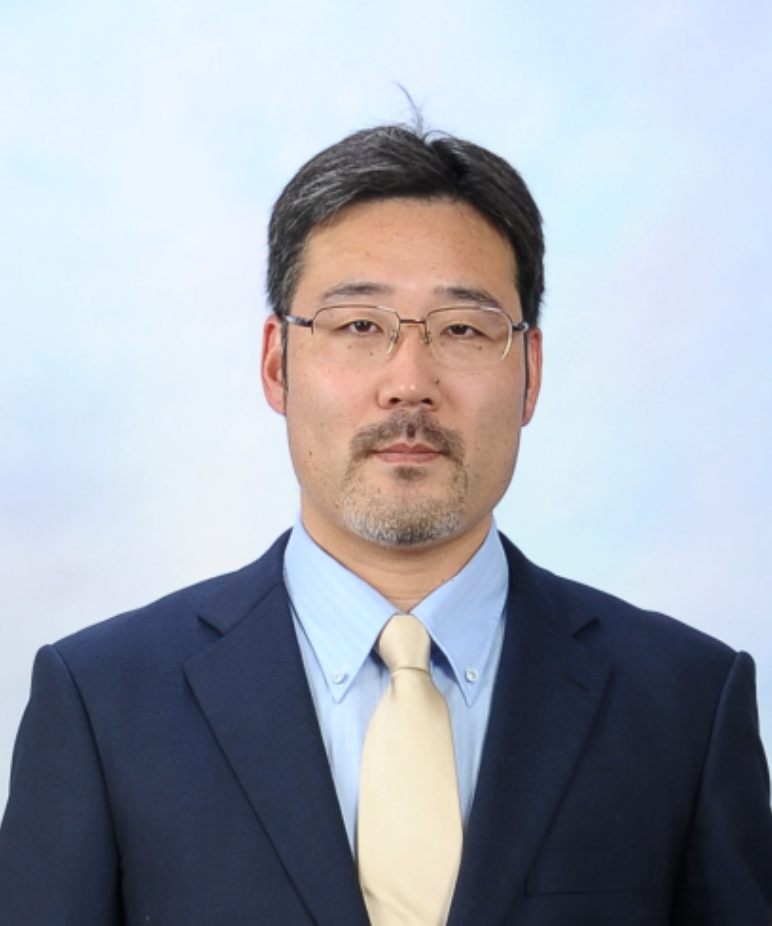Abstract
Boronic acids (BA) are able to reversibly interact with the diol groups, a commonly found motif in biomolecules including sugars, ribose and catechols. In some aspects, they optimally enhance the environmental stability of ribose, supporting a rationale for the "RNA world hypothesis," one of the theories of the origin of life. For their carbohydrate-binding properties, they can be regarded as a synthetic mimic of lectins, often termed “borono-lectins”. Remarkably, the borono-lectins platform can be chemically tailored to manifest a broad profile of binding strength and specificity. Besides the structural versatility, a pronounced change in water solubility accompanies some molecular-recognition events, enabling the "borono-lectins" to enjoy their complex and hierarchical functionalities. This feature, when combined with amphiphilic polymeric backbones, translates into many creative principles for fine-tuning or switching the hydration and more complex molecular assemblies in a way interactive with biology. I will provide a brief overview of our recent efforts on the related applications with focuses on smart insulin delivery systems1-4 and sialic acid detections relevant to cancer diagnosis and treatment5-7 among others.
References
[1] Siyuan Chen* et al., “Microneedle-Array Patch Fabricated with Enzyme-Free Polymeric Components Capable of On-Demand Insulin Delivery”, Adv. Funct. Mater., 2019, 29(7), 1807369. Web highlight [2] Akira Matsumoto* et al., “Hollow fiber-combined glucose-responsive gel technology as an in vivo electronics-free insulin delivery system”, Commun. Biol., 2020, 3, Article number: 313. [3] Akira Matsumoto* et al., “Synthetic “smart-gel” provides glucose-responsive insulin delivery in diabetic mice”, Sci. Adv. 2017, 3, eaaq0723. Web highlight [4] Akira Matsumoto et al., "A Synthetic Approach Toward Self-regulated Insulin Delivery System", Angew. Chem. Int. Ed. 2012, 51, 2124-2128. Inside Cover highlight [5] Takuya Miyazaki et al., "Boronic acid ligands can target multiple subpopulations of pancreatic cancer stem cells via pH-dependent glycan-terminal sialic acid recognition”. ACS Appl. Bio Mater. 4, 9, 6647–6651 (2021) [6] Thahomina Khan et al., "Structural Control of Boronic Acid Ligands Enhances Intratumoral Targeting of Sialic Acid to Eradicate Cancer Stem-Like Cells", ACS Appl. Bio Mater., 2020, 3(8), 5030–5039. [7] Akira Matsumoto* et al., “Heterocyclic Boronic Acids Display Sialic Acid Selective Binding under Hypoxic Tumor Relevant Acidic Environment”, Chem. Sci. 2017, 8, 6165-6170.
